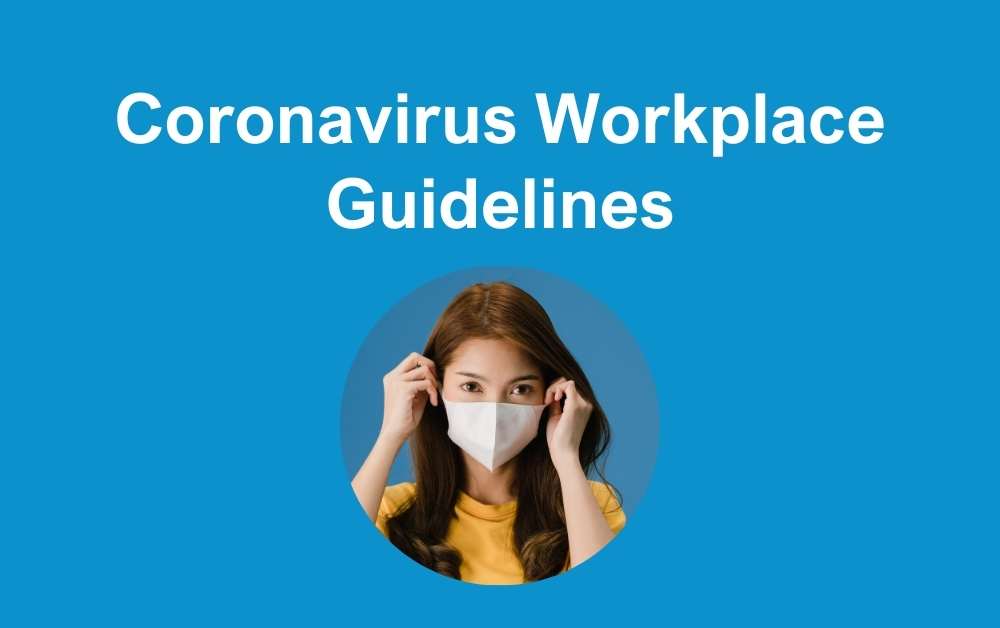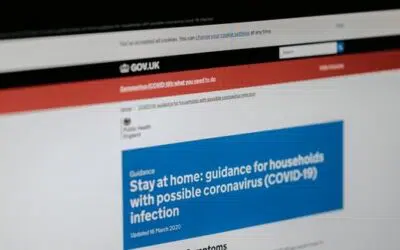Here are steps to take to protect your workforce:
Make Staff Aware of The Coronavirus
It’s important that you make your employees aware of the rapid spread of Coronavirus and keep them up to date on actions taken to avoid the disease spreading in your workplace. Make sure your team are aware of the symptoms and understand processes. This can include information on sick pay, sickness reporting, and what to do if someone gets the virus.
Update Emergency Contact Details
Make sure that all employee contact details and emergency contact details are up to date. This way you will avoid any complications if any staff members contract the disease.
Make Sure Facilities are Clean
To prevent the coronavirus from spreading, make sure you have clean and working facilities. This includes making sure employees have access to hot water and soap. You can also encourage staff to regularly wash their hands regularly throughout the day. Go the extra mile and stock the office with hand sanitiser and tissues.
Traveling for Business
If you have business trips planned in the near future in affected areas, look at how essential this travel is. Is it worth risking the chance of your employees contracting the Coronavirus? The answer will likely be no.
If you have essential meetings that you can’t miss, why not suggest a zoom call or phone call. This way you can take part in the meeting without risking the chance of contracting the disease.
Sick Pay
Your employees should have access to their usual entitlements if they have the Coronavirus. However, it’s important you make allowances to avoid further spread of the disease. In addition, it may not be possible for the employee to get a sick note to you if they have been advised to self-isolate for 14 days and you should be understanding of this.
There’s no legal expectation that you have to pay your employees who are not ill but have been told by doctors to self-isolate for a period of time. However, it’s important that you are fair with your staff and understand the circumstances. In addition, we encourage you to consider allowing employees to at least take holidays or work from home where possible.
If you tell staff not to work if they have been in affected areas but they’re not sick, they are entitled to their normal pay.
Looking After a Dependant
If your employee needs time off to look after a dependant who has contracted the virus, it’s important you authorise this. An employee has no statutory right that you have to pay them in this circumstance but we encourage you to be understanding. If the time off is longer than two days, allow them to take holidays or work from home if possible.
Employees Who Have Become Unwell at Work
If someone presents symptoms of the virus at work, ensure they’re at least two metres away from other staff members. Make sure they are isolated in a room behind a closed door. Also ensure they use a separate bathroom to everyone else.
If someone comes in to the office with the virus, you don’t necessarily have to close. A public health team will get in contact with you to go through proper protocols. If you do have to close, you can encourage your employees to work from home. If this isn’t possible, you are still expected to pay their normal pay.
The guidance on this will change regularly, and we’ll keep you informed of this and you can find additional information from the Government website and World Health Organisation, as well as NHS. Contact us now for any further information.







